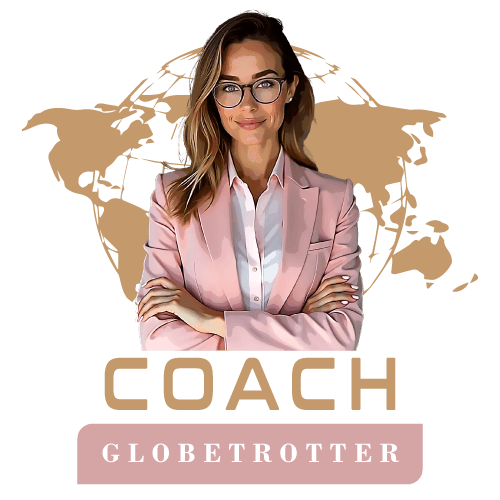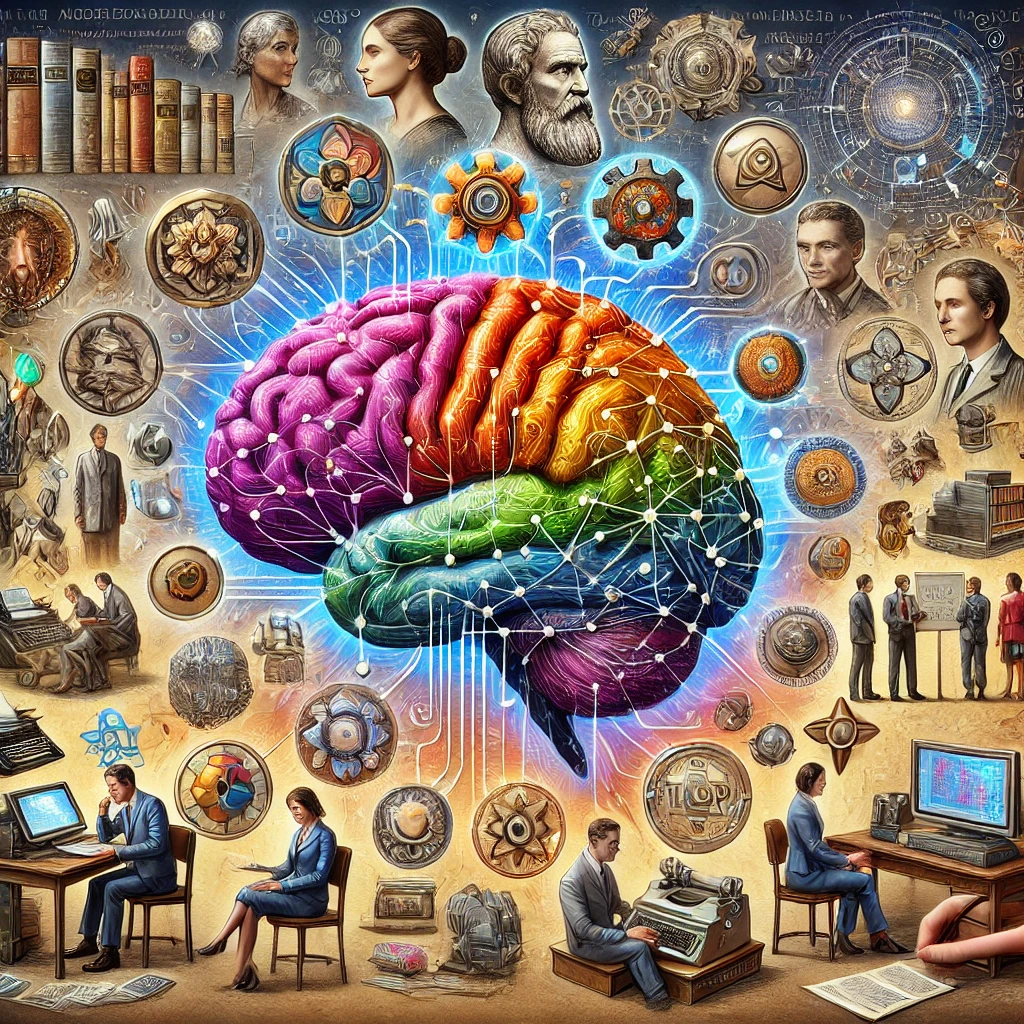Neuro-Linguistic Programming (NLP) is a field that has gained attention since it was created in the 1970s. It was first developed as a way to understand and copy how people communicate and behave successfully. Today, NLP is used in therapy, business, education, and personal growth.
In this article, we will explore what NLP is, who practices it, its history, and how it’s used in different areas. We will also look at some of the controversies surrounding NLP and how it’s evolving.
What is NLP?
Defining NLP
NLP stands for Neuro-Linguistic Programming. Let’s break it down:
- Neuro: Refers to the brain and how it works.
- Linguistic: Involves language and how it shapes our thoughts and communication.
- Programming: Suggests that we can organize our thoughts and behaviors to reach our goals.
In simple terms, NLP is a method that helps us understand how our mind, language, and actions are connected. By changing these connections, NLP aims to help people achieve their goals, overcome challenges, and improve their lives.
Key concepts in NLP
NLP is based on several key ideas and techniques. Practitioners use these to help people make positive changes. Here are some of the main concepts:
- Modeling: This is about copying what successful people do. By studying how they think and act, we can learn to do the same. For example, if a person is great at giving speeches, an NLP practitioner might study their behavior and teach others to follow it.
- Reframing: Reframing means looking at a situation from a different perspective. This can change how we feel about it. For instance, instead of seeing a mistake as a failure, we might see it as a chance to learn.
- Anchoring: Anchoring connects a specific action, word, or sound with a certain feeling. This technique allows people to bring up positive emotions, like confidence, whenever they need them. For example, an athlete might use a certain gesture before a game to feel more focused.
- Rapport: Building rapport is about creating a good connection with others. This is important in communication and therapy. By matching someone’s body language, tone of voice, or even their breathing, we can create a sense of trust and understanding.
- Sensory acuity: Sensory acuity is the ability to notice small changes in a person’s body language, facial expressions, or voice. This skill helps NLP practitioners understand how someone is feeling and adjust their approach to help them better.
- Submodalities: Submodalities are the little details of our sensory experiences, like color, sound, and texture. Changing these details can affect how we feel about a memory or experience. For example, thinking about a scary memory in black and white instead of in color can make it feel less frightening.
The role of the NLP practitioner

An NLP practitioner is trained in using NLP techniques. They apply these methods to help people in therapy, coaching, business, and education. The main goal of an NLP practitioner is to help people reach their goals by changing their thoughts, behaviors, and communication patterns.
Applications of NLP
NLP practitioners work in many fields. They use NLP techniques for different purposes:
- Therapy: NLP helps people overcome fears, anxiety, and other mental health issues. Techniques like anchoring and reframing are useful for changing negative thoughts and feelings.
- Coaching: NLP is popular in life coaching, executive coaching, and sports coaching. Coaches use it to help clients set goals, communicate better, and improve performance. For example, a coach might use NLP to help a leader become a better communicator with their team.
- Business: In business, NLP is used in sales, negotiations, leadership, and team-building. Salespeople use NLP to build relationships with clients and close deals. Leaders use NLP to inspire and motivate their teams.
- Education: Teachers use NLP to improve how they teach, engage students, and create a positive learning environment. By understanding how students learn best, teachers can adjust their methods to help everyone succeed.
- Personal development: Many people use NLP for self-improvement. Whether it’s building self-confidence, getting rid of negative beliefs, or forming new habits, NLP offers tools for personal growth.
A brief history of NLP
Origins and development
NLP began in the early 1970s. Richard Bandler, a mathematician and computer scientist, teamed up with John Grinder, a linguist. They wanted to understand how successful therapists helped their clients. They studied three therapists in particular:
- Fritz Perls: He created Gestalt therapy, which focuses on being aware of the present moment and taking responsibility for one’s actions.
- Virginia Satir: A leader in family therapy, she believed in the power of communication, self-esteem, and emotional expression in families.
- Milton Erickson: A famous hypnotherapist, Erickson used a gentle and indirect approach to help people access their subconscious minds.
Bandler and Grinder watched these therapists closely. They studied their language, behavior, and techniques. From this, they created the principles and techniques of NLP.

Key milestones in the evolution of NLP
Since NLP started, it has grown and changed in several important ways:
- Publication of “The Structure of Magic” (1975): This book, written by Bandler and Grinder, laid out the basic ideas of NLP. It focused on the language patterns used by successful therapists and introduced the idea of modeling excellence.
- New techniques: Over the years, Bandler, Grinder, and other early NLP practitioners created new techniques like anchoring, reframing, and the Swish pattern, a visualization method to change unwanted behaviors.
- Expansion into business and coaching: As NLP became more popular, it spread to fields beyond therapy. Business leaders, coaches, and educators started using NLP to improve communication, leadership, and performance.
- Formation of NLP associations: In the 1980s and 1990s, several NLP associations were created to set standards for training and certification. These organizations also worked to promote ethical practice in NLP.
Applications of NLP in various areas
NLP in therapy
One of the earliest uses of NLP was in therapy. NLP techniques help people with many psychological problems, including:
- Phobias: NLP offers techniques like the Fast Phobia Cure, which helps people face their fears calmly.
- Anxiety: NLP teaches people to identify and change the thoughts that cause anxiety.
- Depression: Techniques like reframing and changing submodalities help people shift negative thought patterns and develop a more positive outlook.
NLP in coaching
Coaching is another area where NLP has had a big impact. NLP techniques are used in various forms of coaching:
- Life coaching: NLP helps clients set clear goals, overcome negative beliefs, and create strategies for personal growth.
- Executive coaching: NLP is used to build leadership skills, improve communication, and foster a positive work culture.
- Sports coaching: Athletes use NLP techniques to focus better, build confidence, and perform well under pressure.
NLP in business
In business, NLP is applied in many areas:
- Sales and negotiation: NLP techniques like building rapport and anchoring help salespeople connect with clients and close deals.
- Leadership: Leaders use NLP to inspire and motivate their teams, improve communication, and create a positive workplace.
- Team building: NLP helps teams communicate better, work together, and solve problems.

NLP in education
Teachers and trainers use NLP to:
- Improve teaching methods: By understanding how students learn, teachers can adjust their styles to meet individual needs.
- Increase student engagement: NLP techniques create a positive learning environment and encourage active participation.
- Support personal growth: NLP helps students build confidence, overcome negative beliefs, and develop a mindset for growth.
The ongoing evolution of NLP
Integration with other techniques
Recently, NLP has been combined with other approaches, such as cognitive-behavioral therapy (CBT), mindfulness, and positive psychology. This combination allows practitioners to use the best parts of different methods, creating more effective ways to help people.
Emerging trends
Several new trends are shaping the future of NLP:
- Digital NLP: With the rise of AI and digital communication, NLP techniques are being adapted for use online. For example, chatbots and virtual assistants are being designed to use NLP principles to improve how they interact with people.
- NLP in healthcare: NLP is being explored as a tool to improve communication with patients, enhance treatment follow-through, and support mental health.
- NLP for social change: Some practitioners are using NLP to promote social change by addressing issues like conflict resolution, cultural understanding, and community building.
Continued research and development
As NLP continues to grow, ongoing research is important to confirm its techniques and expand its uses. Collaboration between NLP practitioners, researchers, and educators is needed to build a stronger scientific foundation for NLP and ensure its continued relevance.
Conclusion
Neuro-Linguistic Programming (NLP) is a powerful and versatile field that has made a big impact in many areas, from therapy and coaching to business and education. NLP’s core ideas and techniques offer valuable tools for understanding and influencing human behavior. As the field evolves, it is likely to be further combined with other methods and used in new, innovative ways.
NLP practitioners play a key role in applying these techniques to help people achieve their goals, whether in personal growth, communication, or professional success. By following ethical guidelines and continuing to explore NLP’s potential, practitioners can contribute to the ongoing development of this fascinating field.
Get ready to succeed with Maria
I am Maria Urbańczyk, and I am here to support you on your journey. As a Certified Business & Lifestyle Coach, I understand the challenges you face. If you are aiming to reach new heights in your career or seeking balance in your life, I am here to guide you. Just book an appointment and start your growth journey!

